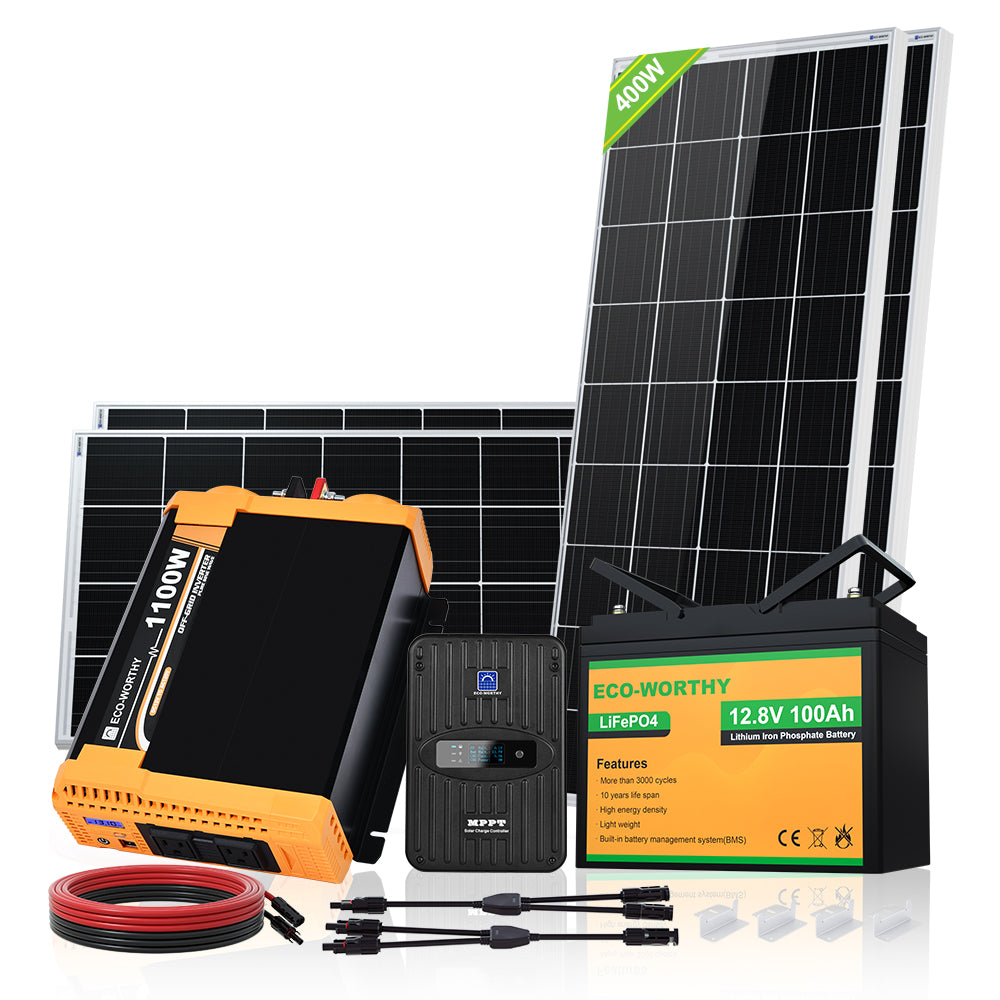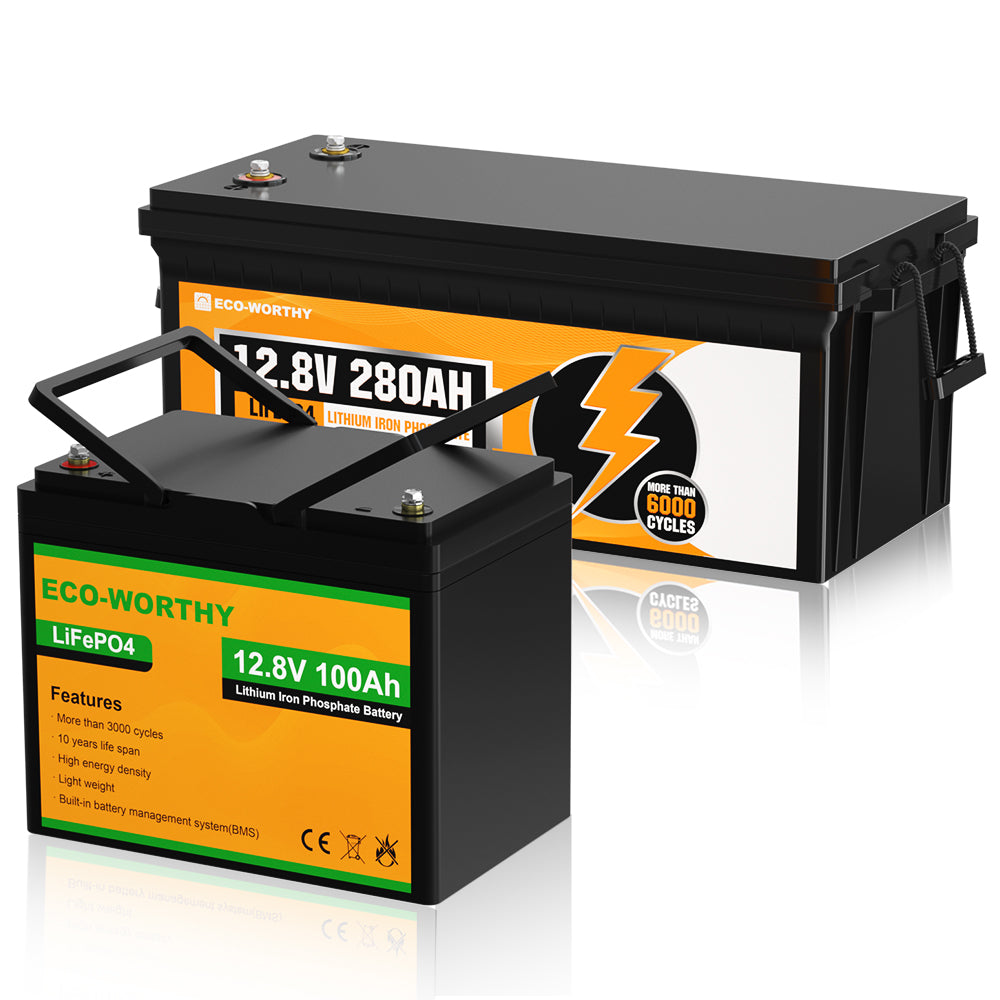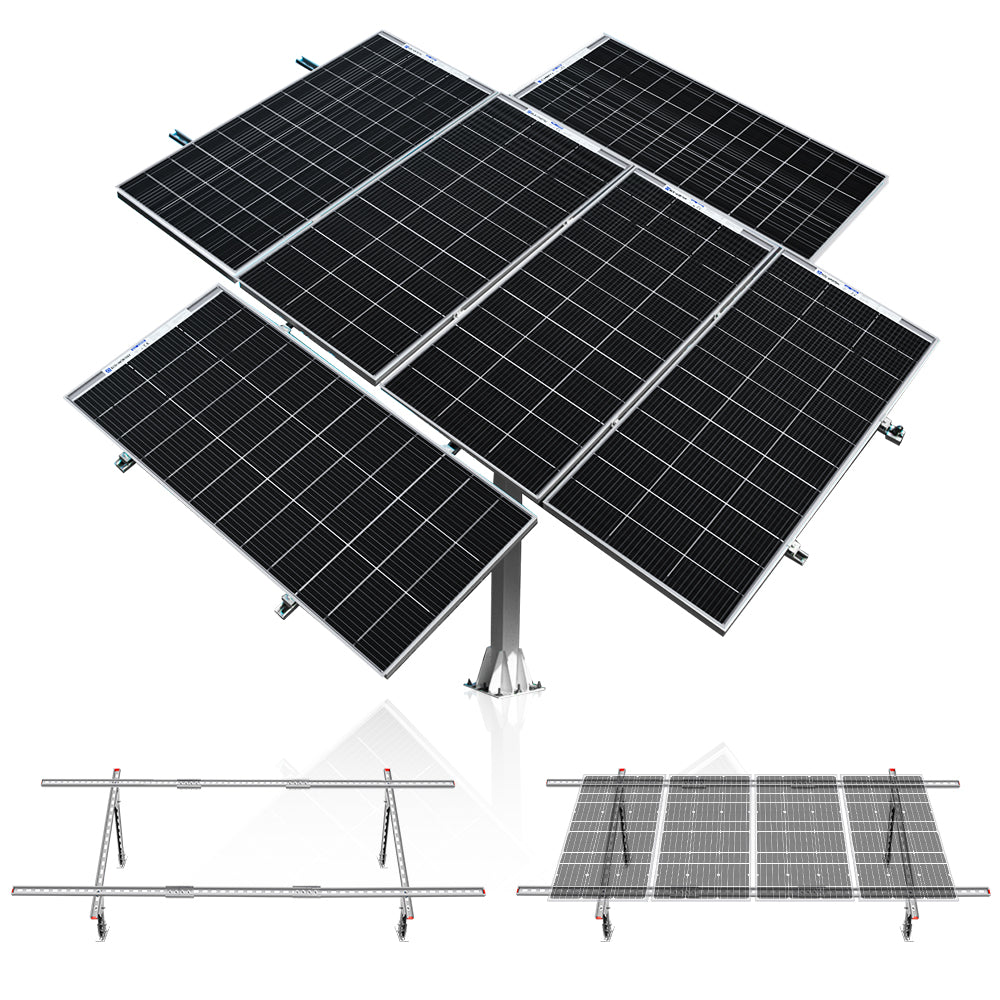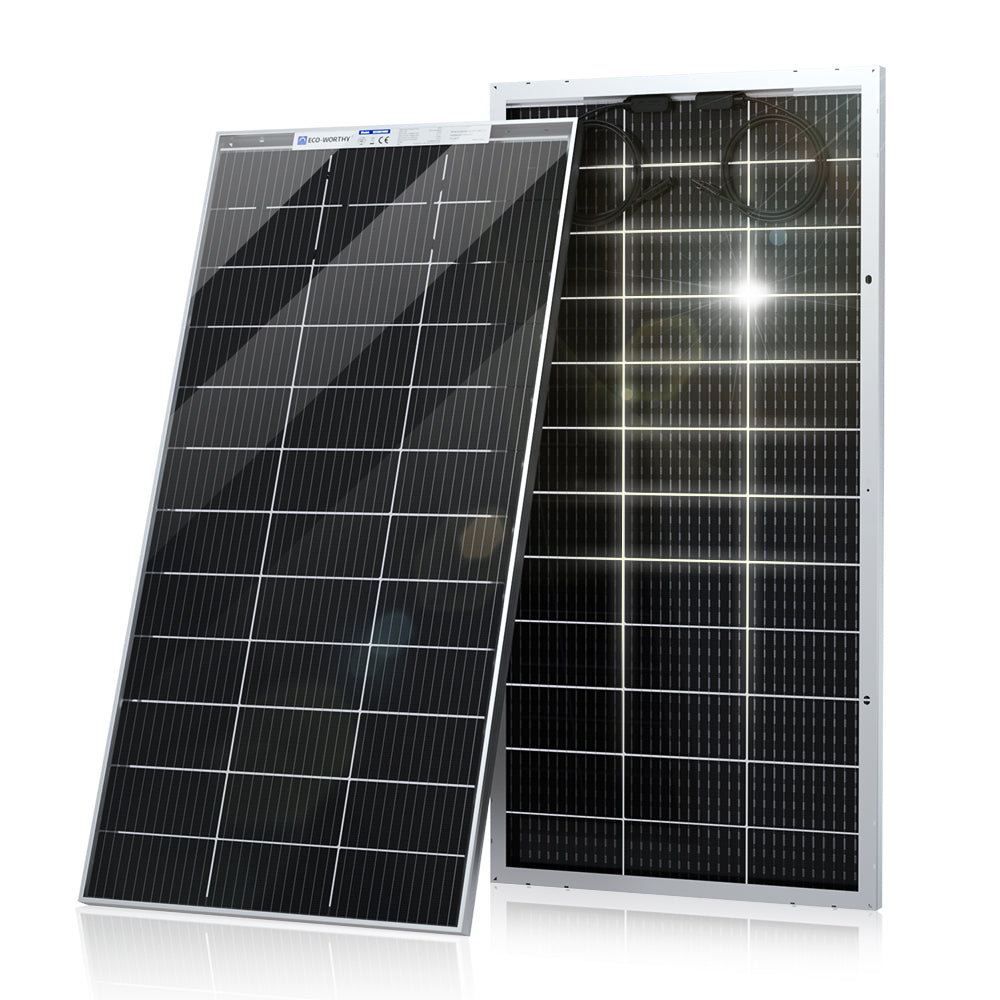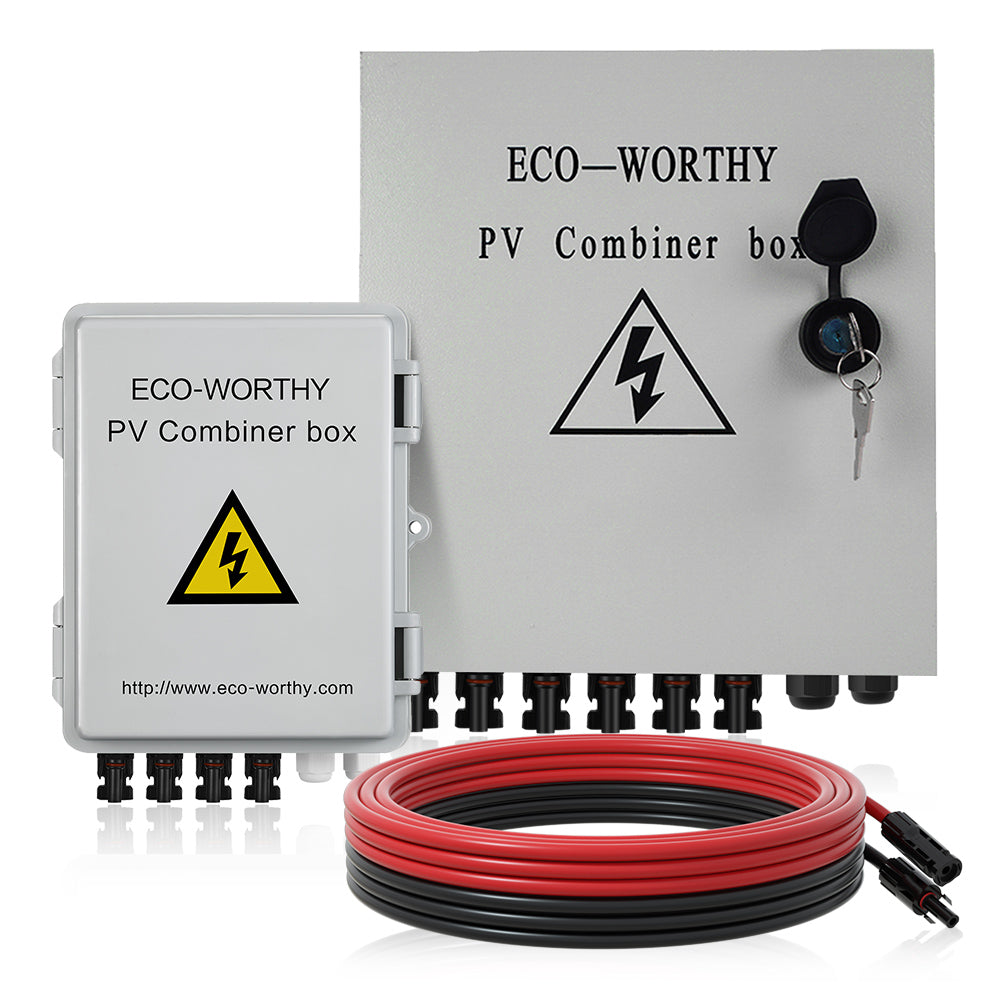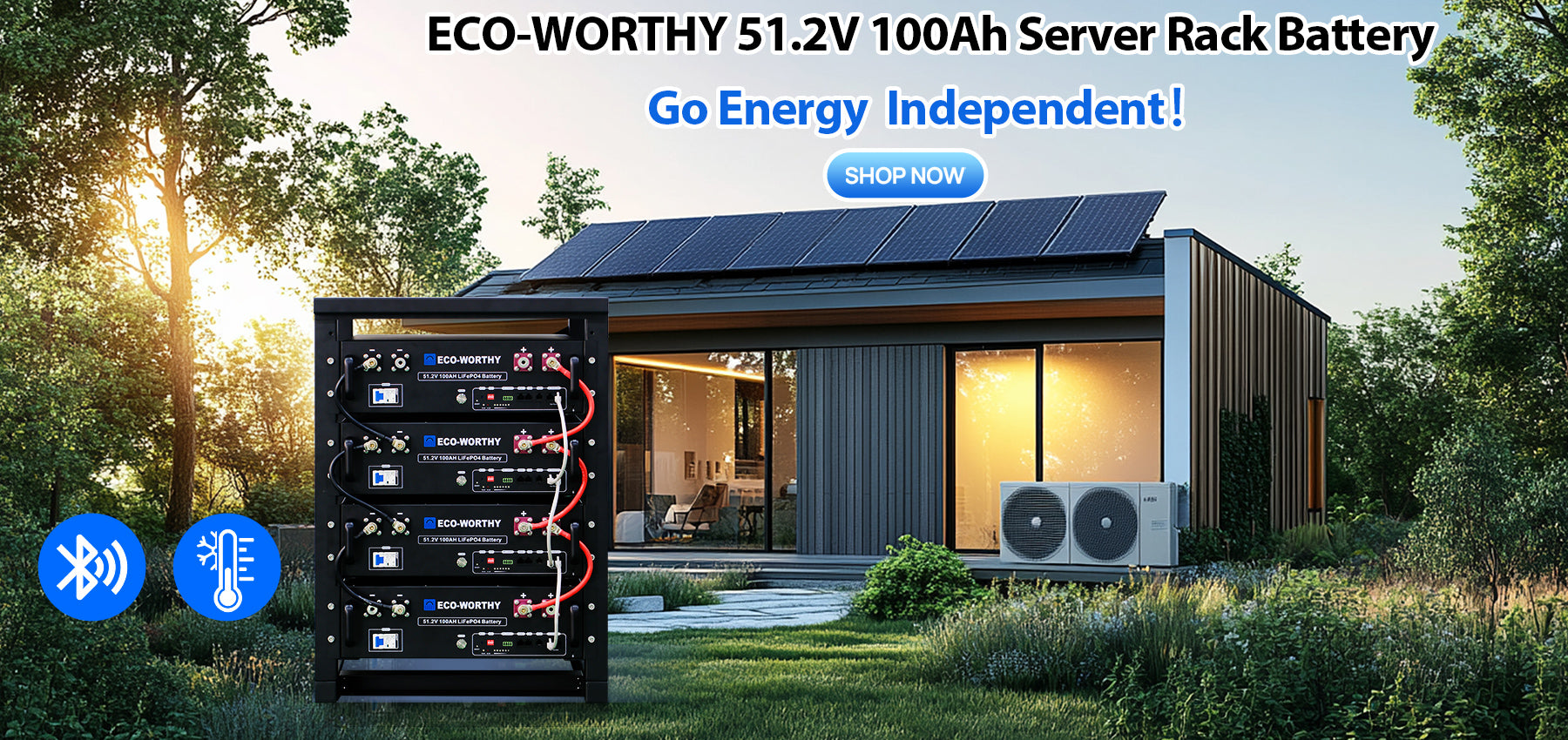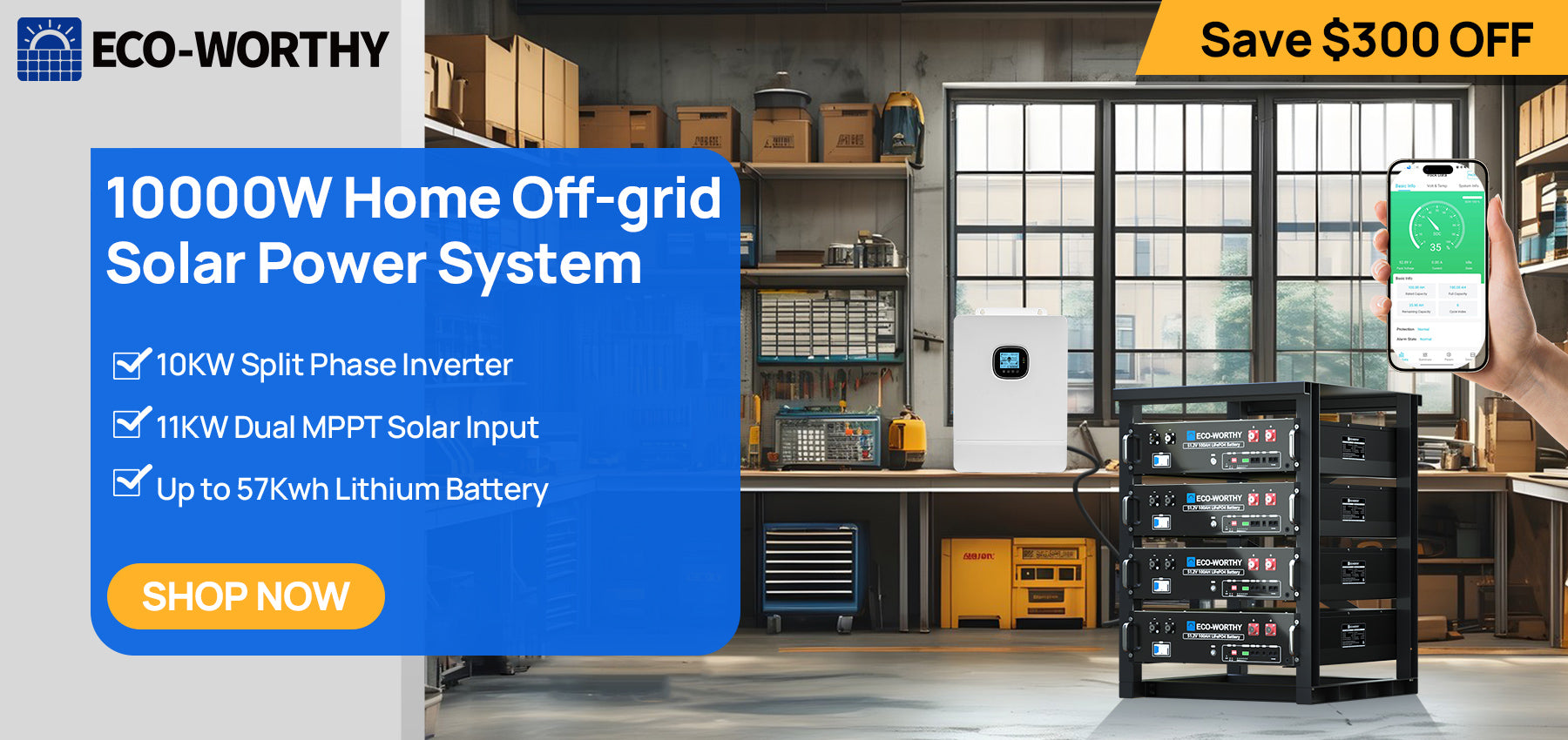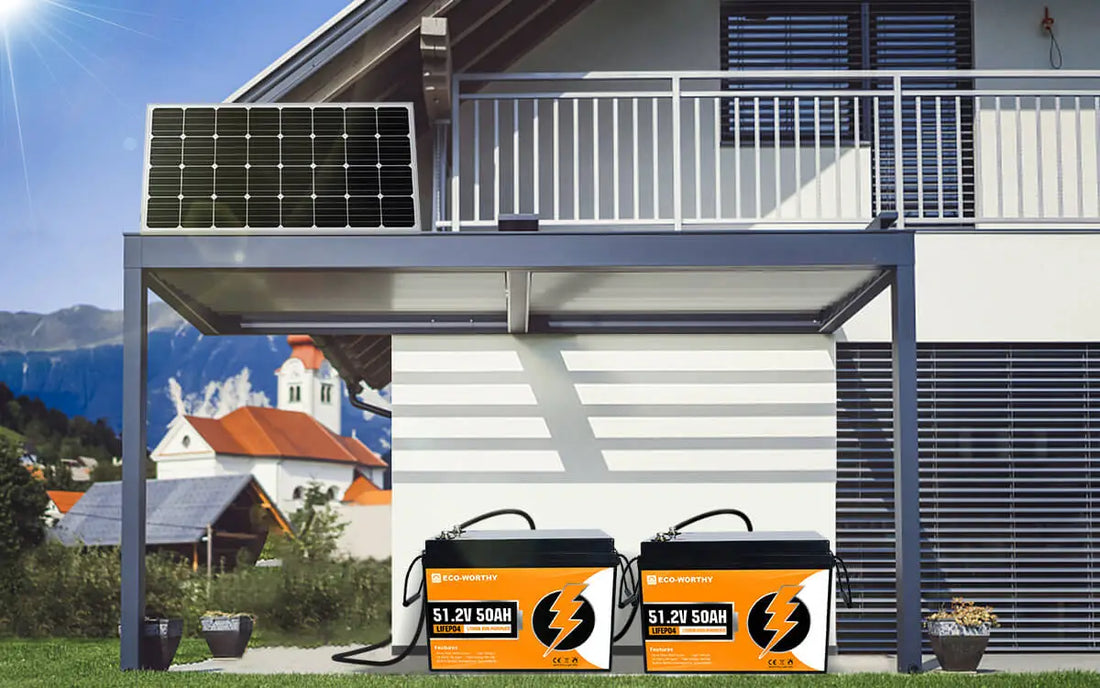In recent years, there has been a surge in demand for high-capacity batteries that can power a range of applications, from electric vehicles to renewable energy storage. One such battery that has gained significant attention is the 48V lithium-ion battery. With its impressive energy density and longer lifespan, this battery has become a popular choice for many industries. In this blog, we will delve into the details of the 48V lithium-ion batteries, explore its benefits, and provide insights on how to choose the right one for your specific needs.
What is a 48V lithium-ion battery?

A 48V lithium-ion battery is a rechargeable energy storage solution that operates at a nominal voltage of 48 volts. The 48v lithium battery is composed of 16 3.2V cells and uses lithium iron phosphate as the positive electrode material. It is composed of multiple lithium-ion cells, typically connected in series, which work together to provide the desired voltage and capacity. These battery cells come in various form factors, including cylindrical, prismatic, and pouch, catering to the diverse requirements of different applications.
One of the key advantages of a 48V lithium-ion battery is its high energy density. This means that it can store a significant amount of energy in a relatively small and lightweight package, making it ideal for applications that require high power output in a compact space.
Furthermore, 48V lithium-ion batteries offer superior performance compared to traditional lead-acid batteries. They have a higher cycle life, capable of enduring a greater number of charge and discharge cycles, making them more cost-effective in the long run. Additionally, these batteries have a higher efficiency rate, minimizing energy loss during the charging and discharging processes.
How to choose a 48V lithium-ion battery?
Selecting the right 48V lithium-ion batteries for your specific application is essential to ensure optimal performance and longevity. These batteries are very suitable for use in solar power generation systems, RVs and off-grid living. Here are a few key factors to consider when choosing a battery:
1. Capacity
Determine the amount of power you need to deliver and choose a battery with sufficient capacity to meet your requirements. Consider factors such as voltage and operating time to accurately assess your needs. When choosing a battery, take a look at the number of Watt (Wh). It accurately determines the amount of energy that can be stored in the battery.
The formula is (Ah) * (V) = (Wh). For example, if you have a 100Ah battery rated at 12V, the power is 100Ah * 12V = 1200Wh.
2. Form Factor
Different applications may require different form factors. Evaluate the available space and consider the weight restrictions to select a battery that fits seamlessly into your design.
3. Safety Features
Look for batteries that incorporate advanced safety features such as overcharge protection, thermal management, and short-circuit protection. These features are crucial in preventing accidents and ensuring the longevity of the battery. The lithium battery has a built-in BMS, which has overcharge, over-discharge, charging overcurrent, discharge overcurrent, short circuit, battery voltage self-balancing, high-temperature discharge cutoff and other protections. It has better performance, safer and longer life.
4. Manufacturer Reputation
Opt for batteries produced by reputable manufacturers known for their quality and reliability. Research customer reviews, certifications, and technical specifications to gain confidence in your choice.
Conclusion
The 48V lithium-ion battery is an excellent choice for applications that demand high energy density and reliability. Its numerous advantages, including longer lifespan, superior performance, and compact size, make it a preferred option for industries such as automotive, renewable energy, and telecommunications. By considering factors like capacity, form factor, safety features, and manufacturer reputation, you can choose the most suitable 48V lithium-ion battery for your specific needs. Investing in a high-quality battery will not only enhance the performance of your application but also reduce long-term operational costs.

